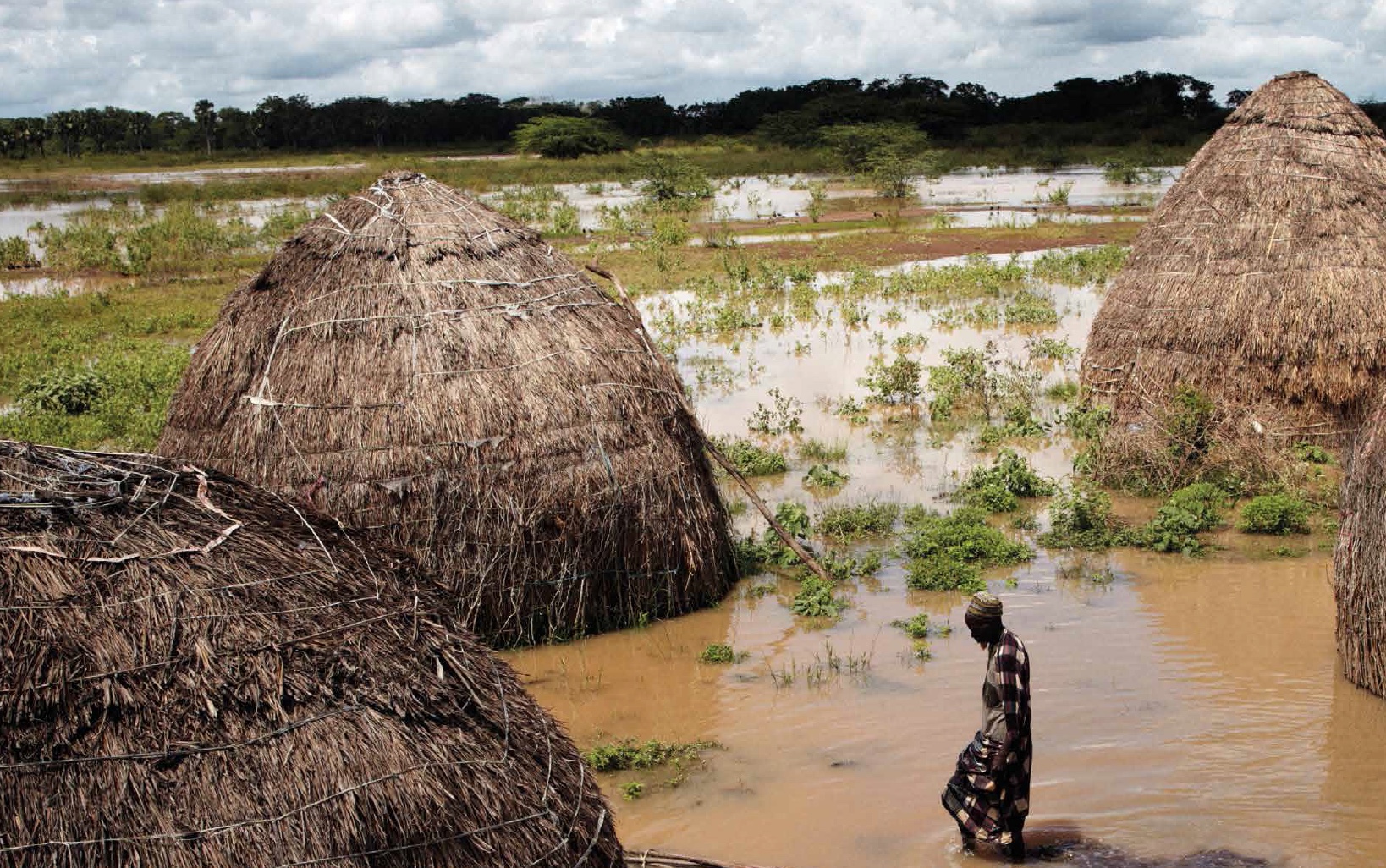Second of a series of blog posts on the release of the 2017-18 Annual Trends and Outlook Reports (ATORs) at the 2018 ReSAKSS Annual Conference in Addis Ababa Oct. 24-26. This year’s ATOR theme is social protection. Read the others here, here, and here.
Almost three quarters of economically active rural populations in Africa south of the Sahara are smallholder farmers. Agriculture faces a variety of risks and uncertainties, including climate variability, and most farmers have no access to government or market-based risk management tools. Cash transfers can be a key tool to address this growing problem. Over the last 15 years, an increasing number of African governments have launched such programs as part of broader social protection efforts. Though not typically used as a risk management strategy, cash transfer programs provide a cushion against shocks, enhancing household and community level resilience or the ability to remain at a certain minimum level of income or well-being.
Cash transfers and resilience
Cash transfer programs can protect beneficiaries from shocks, reduce the use of negative coping strategies that undermine longer-term livelihood sustainability, and allow households to shoulder more economic risks, engaging in more potentially profitable activities. The ATOR study assesses the potential role of cash transfer programs as a tool to support risk management and build resilience in Africa south of the Sahara using experimental and quasi-experimental evaluations from Lesotho, Malawi, Zambia, Kenya, Ghana and Ethiopia.
Cash transfers can promote ex-post risk management
The evaluations reveal that households benefiting from cash transfers relied less on risk coping mechanisms such as engagement in casual labor and the use of savings. Cash transfer programs were also found to strengthen community ties through various channels—for example, by enhancing reciprocity arrangements around food sharing in participating villages. Cash transfers were also associated with increases in social capital and the subjective belief of individuals’ quality of life and control. In some cases, beneficiary households used proceeds from cash transfer programs to pay off debts. (It is important to note that effects vary across countries and not all effects exist in each country.)
In Zambia, where the impact evaluation was combined with data on rainfall, households that participated in the cash transfer program experienced much lower negative effects from weather shocks, and poorest households were the least affected. This demonstrates the potential of social protection programs to support food access for households facing climate risk. However, participation in a cash transfer program alone is not enough to fully overcome the effects of climate shocks on food security. Cash transfers should be aligned with agricultural programs such as climate risk management, including disaster risk reduction activities.
Cash transfers can promote ex-ante risk management
Cash transfers contribute to ex-ante risk management by increasing household adaptive capacity through accumulation of productive assets, increased crop and livestock production and productivity, and linkages with output markets. In general, beneficiaries in the studied country programs boosted both their crop production and its value. Increases in land and input use also contributed to the higher crop production and productivity.
Lessons to take away
Cash transfers can be more than just social assistance. Not only can they help vulnerable households avoid severe deprivation, they can also contribute to economic and social development. Since cash transfer programs affect the livelihoods of households, combining them with other sectoral development programs in a coordinated rural development strategy can create synergies and greater overall impact. Complementary measures to maximize positive spillover effects from cash transfers’ income multiplier effect can reach beyond recipients to ineligible households that provide many of the goods and services in the local economy.
Fleur Wouterse is a Senior Research Fellow with IFPRI’s West and Central Africa Office in Dakar.







